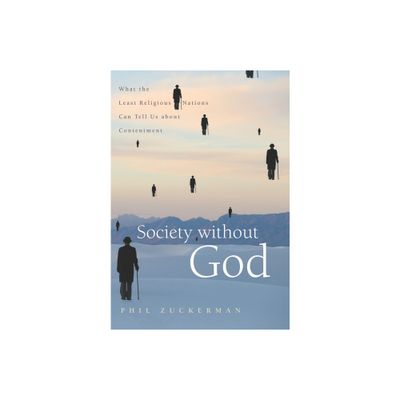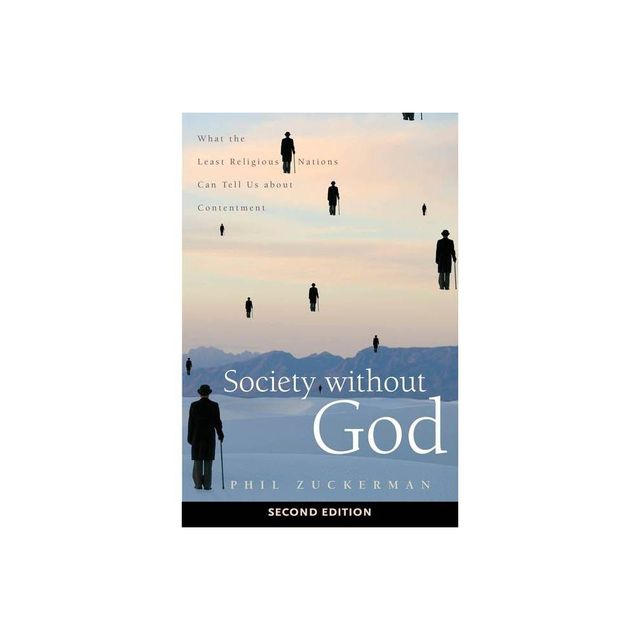Home
Spirituality without God: A Global History of Thought and Practice
Loading Inventory...
Barnes and Noble
Spirituality without God: A Global History of Thought and Practice
Current price: $130.00


Barnes and Noble
Spirituality without God: A Global History of Thought and Practice
Current price: $130.00
Loading Inventory...
Size: Hardcover
*Product Information may vary - to confirm product availability, pricing, and additional information please contact Barnes and Noble
Spirituality without God
is the first global survey of “godless” spirituality. Long before “spiritual but not religious” became the catchphrase of the day, there were religious and spiritual traditions in India, China, and the West that denied the existence of God.
Peter Heehs begins by looking at godless traditions in the ancient world. Indian religions such as Jainism and Buddhism showed the way to liberation through individual effort. In China, Confucians and Daoists taught how to live in harmony with nature and society. Philosophies of the Greco-Roman world, such as Epicureanism, Stoicism, and Skepticism, focused on enhancing the quality of life rather than buying the favor of the gods through sacrifice or worship. Heehs shows how these traditions, rediscovered during the Renaissance, helped jump-start the European Enlightenment and opened the way to the atheism and agnosticism of the eighteenth and nineteenth centuries. The personal, inner, approach to religion became known as "spirituality.”
is a counterbalance to theistic narratives that have dominated the field, as well as an introduction to modes of spiritual thought and practice that may appeal to people who have no interest in God.
is the first global survey of “godless” spirituality. Long before “spiritual but not religious” became the catchphrase of the day, there were religious and spiritual traditions in India, China, and the West that denied the existence of God.
Peter Heehs begins by looking at godless traditions in the ancient world. Indian religions such as Jainism and Buddhism showed the way to liberation through individual effort. In China, Confucians and Daoists taught how to live in harmony with nature and society. Philosophies of the Greco-Roman world, such as Epicureanism, Stoicism, and Skepticism, focused on enhancing the quality of life rather than buying the favor of the gods through sacrifice or worship. Heehs shows how these traditions, rediscovered during the Renaissance, helped jump-start the European Enlightenment and opened the way to the atheism and agnosticism of the eighteenth and nineteenth centuries. The personal, inner, approach to religion became known as "spirituality.”
is a counterbalance to theistic narratives that have dominated the field, as well as an introduction to modes of spiritual thought and practice that may appeal to people who have no interest in God.


















